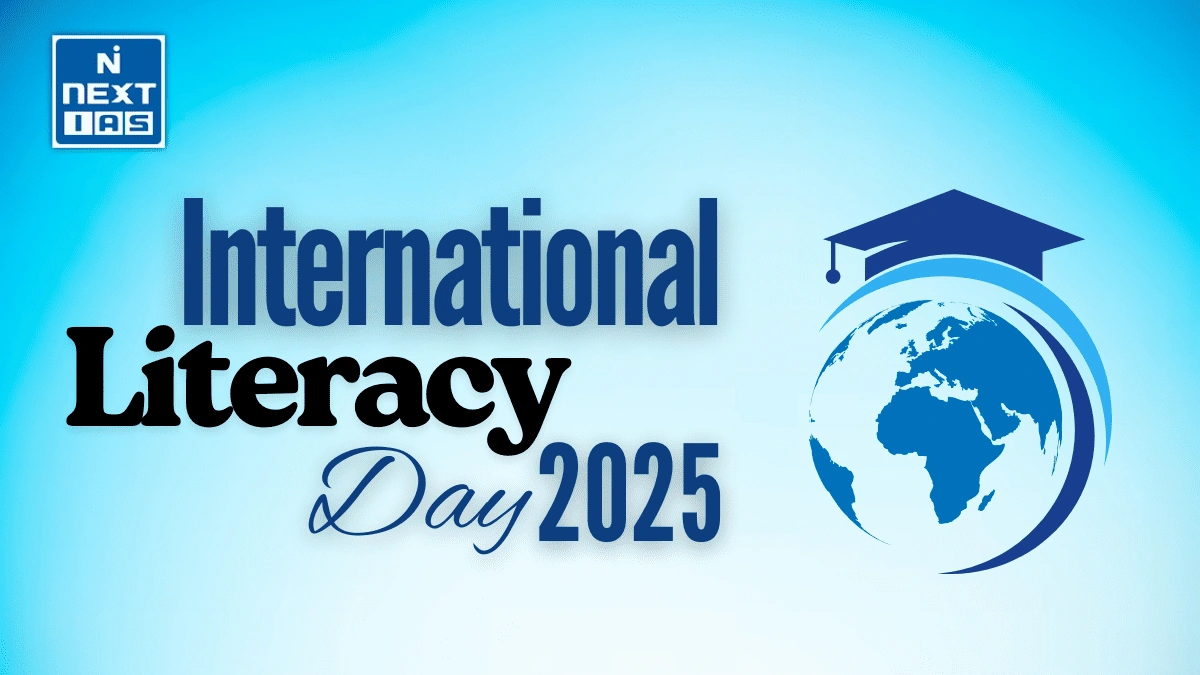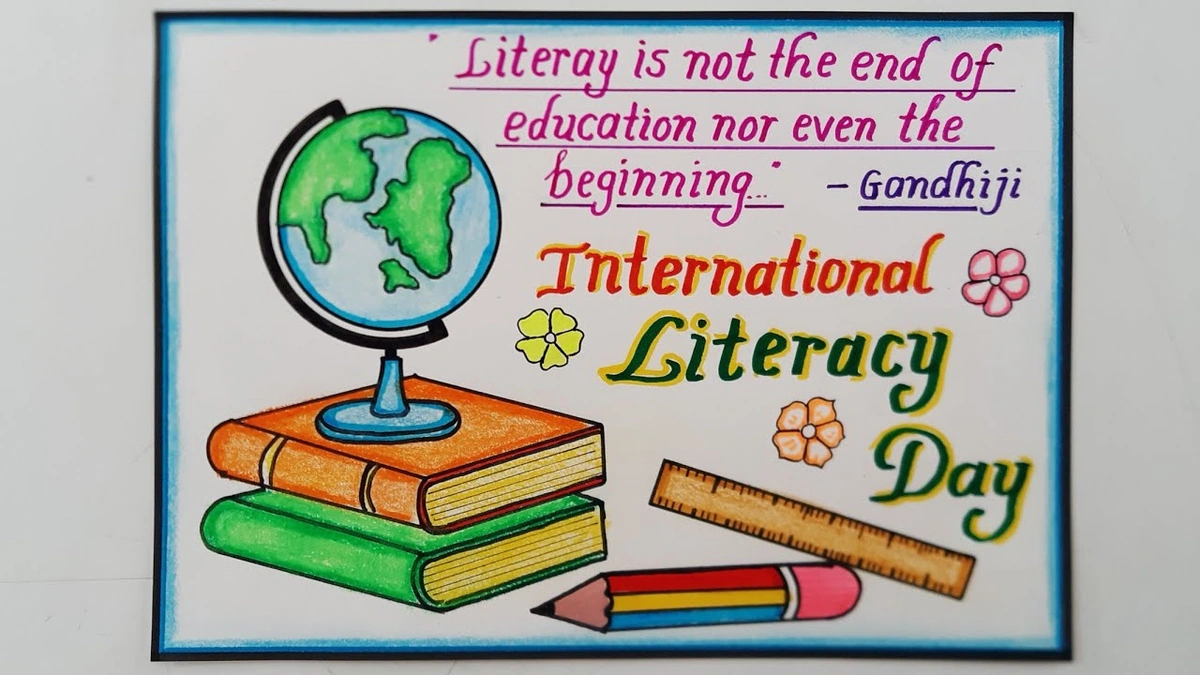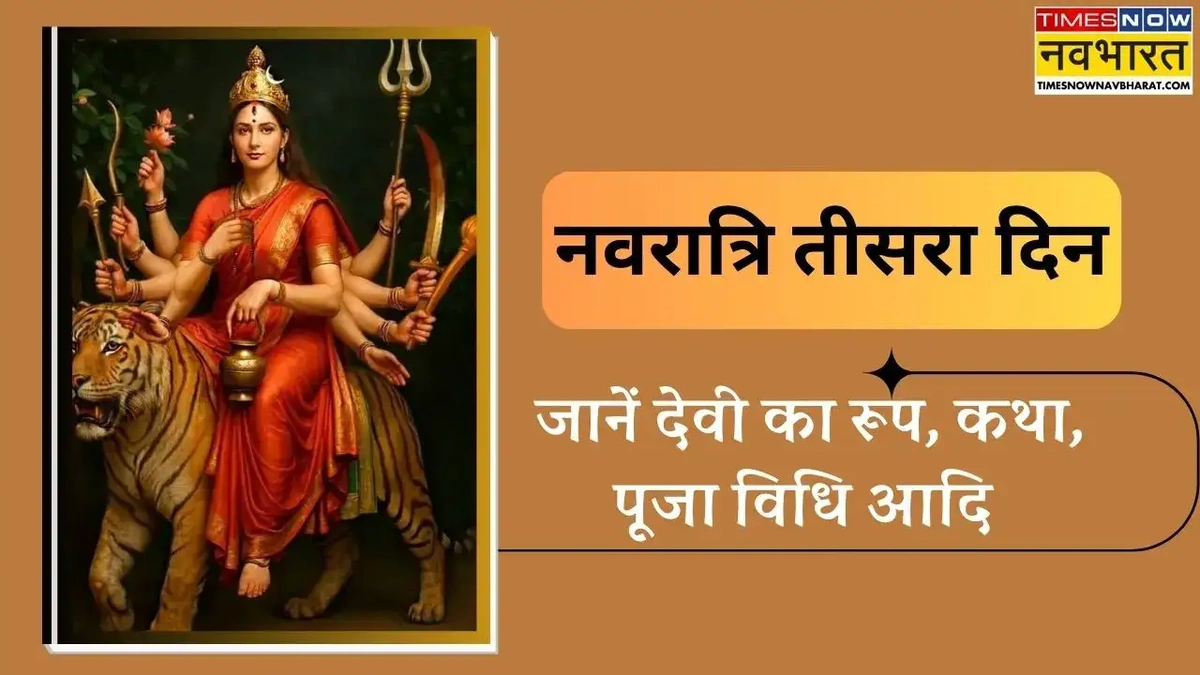International Literacy Day | Why It Matters More Than Ever in India
International Literacy Day – you see it mentioned, maybe glance at it, and then… what? Honestly, most of us don’t give it a second thought. But here’s the thing: in a country as diverse and developing as India, international literacy day isn’t just another date on the calendar. It’s a crucial reminder of the challenges we still face and the incredible opportunities that literacy unlocks. Let’s be real; it’s about empowerment, equity, and progress. So, grab your chai, and let’s dive into why this day should matter to every single one of us.
Literacy | The Foundation of Opportunity

It’s easy to take literacy for granted. We’re bombarded with information – emails, news articles, social media posts. But what about the millions of Indians who can’t access this information? Think about it: a child who can’t read struggles in school. An adult who can’t read faces barriers in the workplace. It’s a cycle that perpetuates poverty and inequality. Literacy isn’t just about reading and writing; it’s about critical thinking, problem-solving, and participating fully in society. That’s why organizations emphasize the importance of literacy in their education and development programs.
Literacy equips people with the tools they need to improve their lives. It opens doors to better jobs, healthcare, and civic engagement. A literate population is a more informed and empowered population, capable of making informed decisions about their future. It is about the capacity to learn, adapt, and thrive in a rapidly changing world. Parsi New Year serves as another reminder of cultural richness and the importance of preserving traditions through literacy.
The Stark Reality | Literacy Rates in India
Let’s be honest – India has made significant strides in improving literacy rates since independence. But there’s still a long way to go. While the overall literacy rate in India has increased, disparities persist. Rural areas lag behind urban areas, and women often face greater barriers to education than men. According to reports from organizations like UNESCO, while progress is being made, it’s not happening fast enough. The gender gap in literacy remains a significant concern, particularly in certain regions of the country.
These statistics aren’t just numbers; they represent real people and real lives. They represent children who are denied the opportunity to reach their full potential, adults who are unable to provide for their families, and communities that are held back by a lack of education. What fascinates me is how deeply intertwined literacy is with other social and economic indicators. Improving literacy rates is not just an educational imperative; it’s a development imperative.
International Literacy Day | A Call to Action
So, what can be done? International Literacy Day is a call to action for governments, organizations, and individuals to invest in literacy programs and initiatives. It’s an opportunity to raise awareness about the importance of literacy and to advocate for policies that promote education for all. The theme set by UNESCO each year serves as a guiding light, helping focus efforts on the most pressing needs and challenges in the field of literacy. It also emphasizes that a comprehensive approach to literacy and lifelong learning is necessary to facilitate widespread social and economic progress.
Here’s the thing – it’s not just about throwing money at the problem. It’s about creating innovative and effective programs that address the specific needs of different communities. It’s about empowering local communities to take ownership of their education. And it’s about fostering a culture of literacy that values learning and knowledge. It’s also about ensuring that all children, regardless of their gender or socioeconomic background, have access to quality education. The Milad-un-Nabi celebrations show the importance of literacy in understanding religious texts and teachings.
How You Can Make a Difference
Okay, so you might be thinking, “This is all well and good, but what can I do?” The good news is that there are many ways to get involved. You can volunteer at a local literacy program, donate to an organization that supports education, or simply spread the word about the importance of literacy. Even small actions can make a big difference. One thing I have observed is the power of mentorship and community-based learning. When individuals volunteer to teach others, it not only improves literacy rates but also fosters a sense of community and shared responsibility.
And it’s not just about formal education. Encourage reading at home. Read to your children, grandchildren, nieces, and nephews. Make books accessible. Support local libraries and bookstores. The more we create a culture of reading and learning, the more we empower future generations. And, of course, use your own literacy skills to stay informed and engaged in the issues that matter. After all, literacy is not just a skill; it’s a tool for empowerment and change. You can read about celebrating literacy in your community, and participate in those events.
The Future of Literacy in a Digital Age
Let’s be honest, the world is changing rapidly. Technology is transforming the way we learn, communicate, and work. But here’s the thing: literacy is still essential in the digital age. In fact, it’s even more important. We need to equip people with the skills to navigate the digital world, to critically evaluate information, and to use technology for learning and empowerment. It initially seemed straightforward that digital literacy would replace traditional literacy, but I realized that they are complementary skills. Digital literacy builds upon the foundation of traditional literacy. Knowing how to read and write is essential for navigating digital spaces effectively.
Digital literacy includes more than just the ability to use computers and smartphones. It involves understanding how to find, evaluate, and use information effectively online. It includes the ability to communicate and collaborate using digital tools. And it includes the ability to create and share content online. The integration of technology in education is also crucial for enhancing literacy skills. Online resources, interactive learning platforms, and digital libraries can make learning more engaging and accessible for students of all ages. Investing in digital infrastructure and training teachers in the use of technology is essential for bridging the digital divide and ensuring that all students have the opportunity to succeed in the digital age. Remember to encourage promoting education wherever you are.
FAQ
Frequently Asked Questions
What exactly is International Literacy Day?
It’s a day celebrated annually on September 8th to raise awareness about the importance of literacy and to promote literacy efforts worldwide.
Why is literacy so important in India?
Because it’s essential for economic development, social progress, and individual empowerment. It unlocks opportunities and helps break the cycle of poverty.
What can I do to support literacy efforts in my community?
Volunteer at a local literacy program, donate to an organization that supports education, or simply encourage reading among friends and family.
How does technology impact literacy?
Technology can enhance literacy by providing access to online resources and creating engaging learning experiences, but digital literacy skills are essential to navigate the digital world effectively.
What are some common barriers to literacy in India?
Poverty, lack of access to education, gender inequality, and geographical isolation are some of the main barriers.
How can digital literacy programs help?
They can provide opportunities to learn basic computer skills, to access online educational materials, and to connect with other learners.
In conclusion, International Literacy Day is more than just a symbolic gesture; it’s a powerful reminder of the ongoing need to promote literacy and education for all. In a country as vast and diverse as India, the importance of literacy cannot be overstated. So, let’s commit to making a difference, one book, one word, one person at a time. Because literacy is not just a right; it’s a pathway to a better future. Consider volunteering in an adult literacy program near you. You might find it more fulfilling than you imagined!













